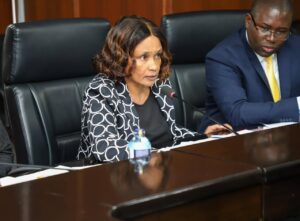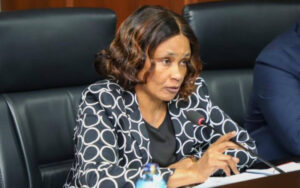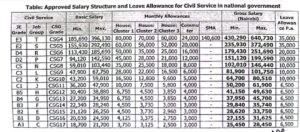The Teachers Service Commission (TSC) is once again on the spot over its controversial redistribution of teacher promotion slots, which has revealed a glaring gap between urban and marginalized counties.
Following a recent audit, the TSC withdrew 1,864 promotion slots nationwide after determining that the recipients had not met the required three-year service rule. However, the brunt of this adjustment has fallen on Arid and Semi-Arid Lands (ASAL) counties, where 1,464 slots were taken away.
Counties such as Lamu (-204), Isiolo (-196), Marsabit (-185), and Mandera (-191) saw some of the sharpest cuts. Conversely, counties in more developed regions experienced significant increases. Kakamega (+97), Kitui (+81), Machakos (+72), and Meru (+73) all gained substantially.
The data paints a troubling picture: while teachers in remote areas are stripped of promotions, their counterparts in urban or accessible counties are rising through the ranks. This has triggered protests from both teachers and unions, with allegations of systemic discrimination surfacing once again.
In many ASAL counties, teachers have acted in senior roles for years without formal promotion. The TSC had earlier pledged to waive the experience rule in such cases, but the waiver appears to have had the opposite effect.
The Kenya Union of Post Primary Education Teachers (KUPPET) and Kenya Teachers in Hardship and Arid Areas Welfare Association (KETHAWA) have both condemned the move.
“This is the very definition of inequality,” said a KUPPET official from Samburu. “Promotions have become a luxury for some and a denied right for others.”
Data-driven scrutiny of the redistribution suggests that more than 78% of all rescinded promotions affected hardship counties — a fact that critics say cannot be coincidental.
While the TSC has promised to refine its promotion framework and pursue equity, trust has been eroded.
The issue now presents a broader policy question: Can a centralized promotion system truly serve teachers across vastly different regions fairly?
Until these disparities are addressed, many in the education sector fear that morale among teachers in ASAL regions will continue to decline — undermining efforts to provide quality education to the most underserved learners in Kenya.
Let me know if you want these formatted into a printable newsletter, blog, or press release format.






